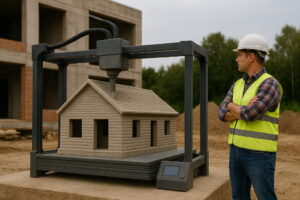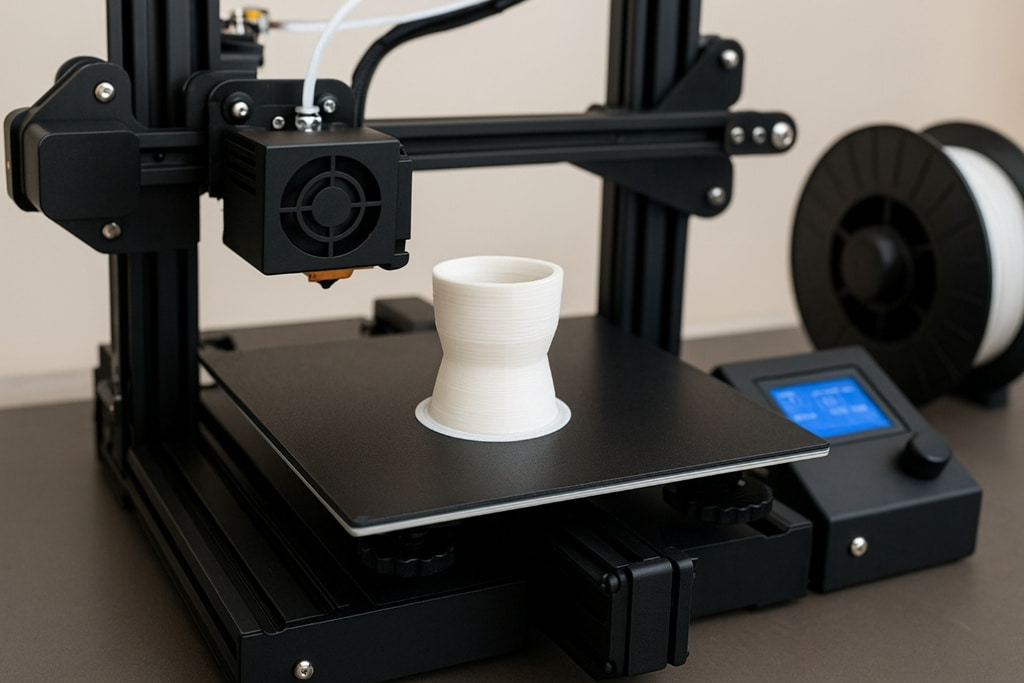
- +91 8055996347
- info@3dreality.in
- Chapru nagar square, CA road, Nagpur, Maharashtra-440008

3D printing is an exciting technology that allows anyone to bring their ideas to life. But if you’re just starting out, you might face problems like rough edges, stringing, warping, or failed prints. Don’t worry—you’re not alone! Every beginner faces these challenges, and the good news is that with a few smart tips, you can achieve perfect 3D prints every time.
Here, we’ll cover straightforward methods to help new users get better results with their 3D printers.
The filament is the “ink” of your 3D printer. Using the wrong material or low-quality filament can ruin your prints.
Tip: Always store your filaments in a dry box or sealed bag to avoid moisture, which can cause poor-quality prints.
One of the most common reasons for failed prints is an uneven bed. If your print doesn’t stick well to the bed, it will either warp or fail midway.
Your slicing software plays a big role in getting perfect prints. Beginners often use default settings, but making small adjustments can make a huge difference.
Tip: Start with simple profiles available in software like Ultimaker Cura before experimenting with advanced settings.
If your first layer doesn’t stick properly, your entire print will fail. To improve adhesion:
Temperature settings can make or break your print.
Tip: Always follow the manufacturer’s recommendations for the filament you’re using.
A well-maintained 3D printer always performs better.
Regular maintenance not only improves print quality but also extends the life of your printer.
If you’re printing models with overhangs or complex shapes, supports and rafts are your best friends.
Most slicing software lets you add supports automatically, making it easy for beginners.
If you’re just starting out, don’t jump directly into complex designs. Begin with simple models from websites like Thingiverse or Printables. This helps you practice settings and understand how your printer behaves.
3D printing is as much about learning as it is about creating. Don’t get discouraged if your first few prints don’t turn out perfectly. With each print, you’ll understand more about your machine, filament, and settings.
Getting perfect 3D prints every time might sound challenging at first, but by following these simple tips—choosing the right filament, leveling your bed, optimizing settings, and maintaining your printer—you can avoid common issues and enjoy smooth, high-quality prints.
Remember, 3D printing is all about practice and patience. The more you print, the better your results will be.
At 3D Reality, we help beginners and professionals turn their ideas into reality with our expert 3D printing services. From designing unique models to creating high-quality tools, accessories, and prototypes, we provide reliable and affordable solutions tailored to your needs.
Ready to experience flawless 3D printing? Partner with 3D Reality today and bring your imagination to life with precision and innovation.